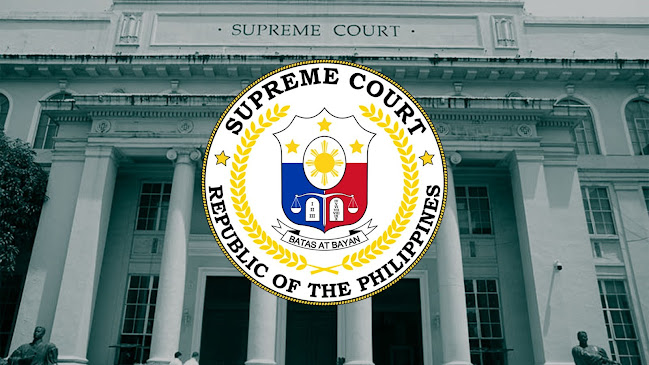Unpopularity, lack of affiliation are insufficient grounds in declaring nuisance candidates - SC
By Sharlaine Kate Gumayat
The Supreme Court (SC) has ruled that the Commission on Elections (Comelec) cannot tag an aspirant for an elective office as a nuisance candidate based on their unpopularity and non-affiliation with a political party.
 |
| Photo Courtesy of Erwin Cagadas/Supreme Court |
The judgment was made to partly grant the petition of Norman Cordero Marquez, co-founder of animal advocacy group Baguio Animal Welfare, who was declared a "nuisance candidate" by Comelec in the recentl elections.
"Declaring one a nuisance candidate simply because he or she is not known to the entire country reduces the electoral process—a sacred instrument of democracy—to a mere popularity contest," the high court said on Saturday, September 10.
The SC highlighted Marquez's filing of his Certificate of Candidacy (COC) and a program of governance to counter Comelec's case that he did not have a bona fide intention to run for a national position as he was "virtually unknown to the entire country" and lacked a political party's backing.
In the 2019 elections, he was also declared a nuisance candidate in his attempt to run for senator, where the SC also sided with him in the case "Marquez v. Comelec.”
In the 2019 elections, Marquez was also declared as nuisance candidate in the senatorial race due to his lack of financial capacity that also went to the High Court. The SC has previously sided with him in its decision, recognizing him as a legitimate candidate at that time.
However, the Comelec First Division in its decision argued that the 2019 ruling was not applicable and could not be cited because the grounds were different in the 2019 and 2021 cases.
In January 19, the SC approved a temporary restraining order (TRO) against the Comelec to declare Marquez as a nuisance candidate, but the printed official ballots still excluded his name.
Nonetheless, Marquez was unable to run for Senate as the court's decision was made after the elections, rendering his case mooted.
"The Supreme Court found it necessary to resolve the matter since the same situation may recur in future elections," it stated in a media release.
Edited by Arianna Montes
